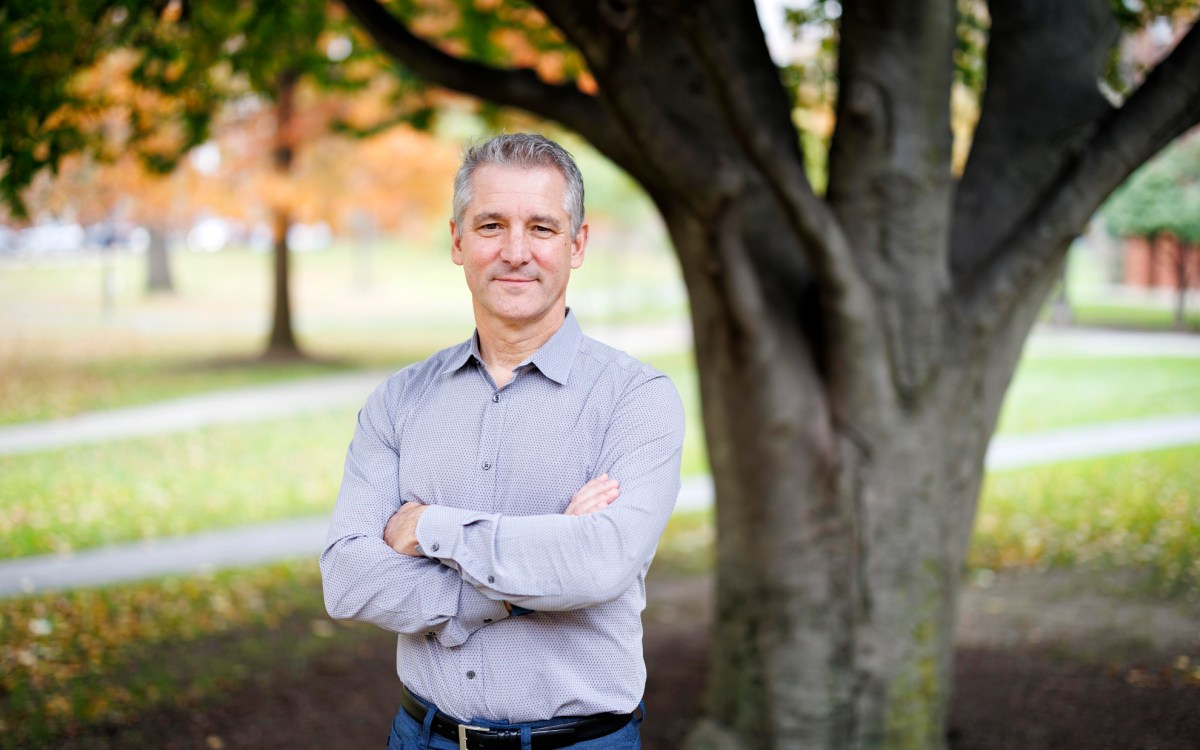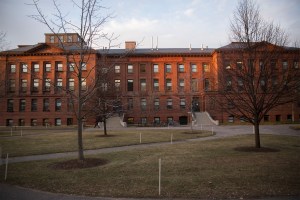Tag: Lou Gehrig’s disease
-
Health
Blocking tau may help ALS patients
Mass. General study uncovers potential new treatment strategy for disease.
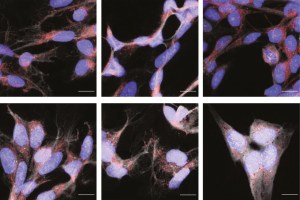
-
Health
Investigational ALS drug slows progression
An experimental medication that was recently shown to slow the progression of ALS has now demonstrated the potential to also prolong patient survival.
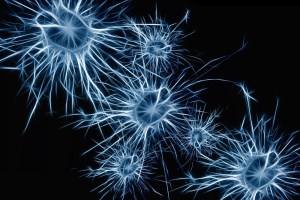
-
Campus & Community
The ‘spiritual leader’ of WHRB
After 58 years of helping Harvard student radio station WHRB build toward excellence, David Elliott steps back to undergo ALS treatment.

-
Health
Research suggests new avenues for attacking ALS
Harvard researchers have found evidence that bone marrow transplantation may one day be beneficial to a subset of patients suffering from ALS.
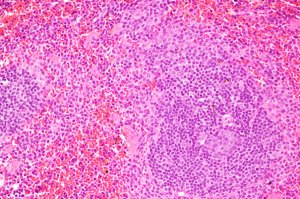
-
Health
Hope against disease targeting children
Harvard Stem Cell Institute researchers studying spinal muscular atrophy have found molecular changes that help trigger the genetic disease in children.
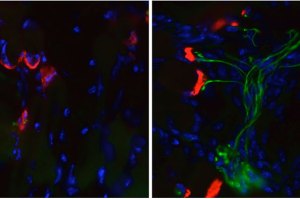
-
Health
A new stem cell advance
Collaborating with scientists elsewhere, Harvard Stem Cell Institute researchers have devised two methods for using stem cells to generate the type of neurons that help regulate behavioral and basic physiological functions in the human body, such as obesity and hypertension, sleep, mood, and some social disorders.
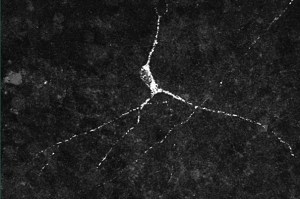
-
Health
Progress against ALS
Studies begun by Harvard Stem Cell Institute scientists eight years ago have led to a report that may be a major step in developing treatments for amyotrophic lateral sclerosis, or Lou Gehrig’s disease.
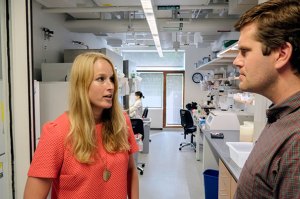
-
Health
New hope for treating ALS
Harvard stem cell scientists have discovered that a recently approved medication for epilepsy might be a meaningful treatment for amyotrophic lateral sclerosis (ALS), also known as Lou Gehrig’s disease, a uniformly fatal neurodegenerative disorder.

-
Health
High-calorie feeding may slow progression of ALS
In a small study by Harvard-affiliated Massachusetts General Hospital, increasing the number of calories consumed by patients with amyotrophic lateral sclerosis (ALS) may be a relatively simple way of extending their survival.
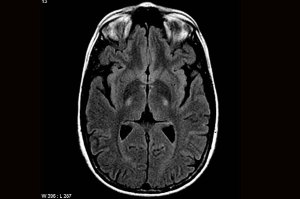
-
Health
Big boost in drug discovery
Using a new, stem cell-based, drug-screening technology that could reinvent and greatly reduce the cost of developing pharmaceuticals, researchers at the Harvard Stem Cell Institute have found a compound that is more effective in protecting the neurons killed in amyotrophic lateral sclerosis than are two drugs that failed in human clinical trials.
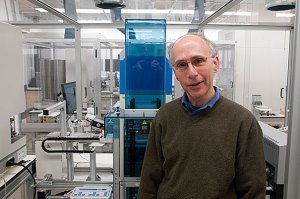
-
Health
New avenue in neurobiology
Harvard stem cell biologists have proven that it is possible to turn one type of already differentiated neuron into another inside the brain, and their findings may have enormous implications for the treatment of neurodegenerative diseases.

-
Health
A treatment for ALS?
According to researchers, results from a meta-analysis of 11 independent amyotrophic lateral sclerosis (ALS) research studies are giving hope to the ALS community by showing, for the first time, that the fatal disease may be treatable.

-
Health
Link found between ALS and SMA
Scientists have long known the main proteins that lead to the development of amyotrophic lateral sclerosis (ALS) and spinal muscular atrophy (SMA), respectively. Now research shows that these two motor neuron diseases likely share a pathway that leads to the development of disease.
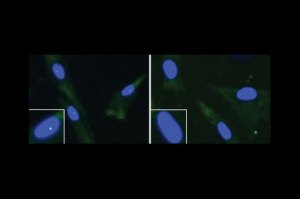
-
Health
Fixing the way we fix the brain
With neurodegenerative diseases affecting millions and having the potential to bankrupt the U.S. health care system, Harvard Medical School, seven pharmaceutical companies, and the Massachusetts state government have formed the Massachusetts Neuroscience Consortium. The goal: to offer new collaborative research models.

-
Health
Slowing ALS symptom progression
Harvard researchers find that treatment with dexpramipexole — a novel drug believed to prevent dysfunction of mitochondria, the subcellular structures that provide most of a cell’s energy — appears to slow symptom progression in the neurodegenerative disease amyotrophic lateral sclerosis (ALS).

